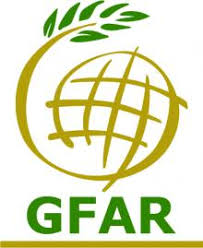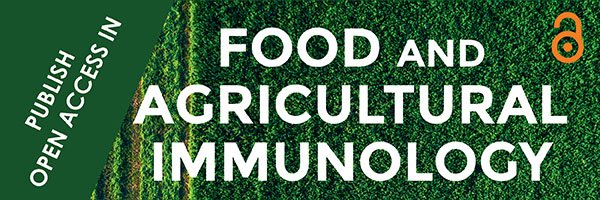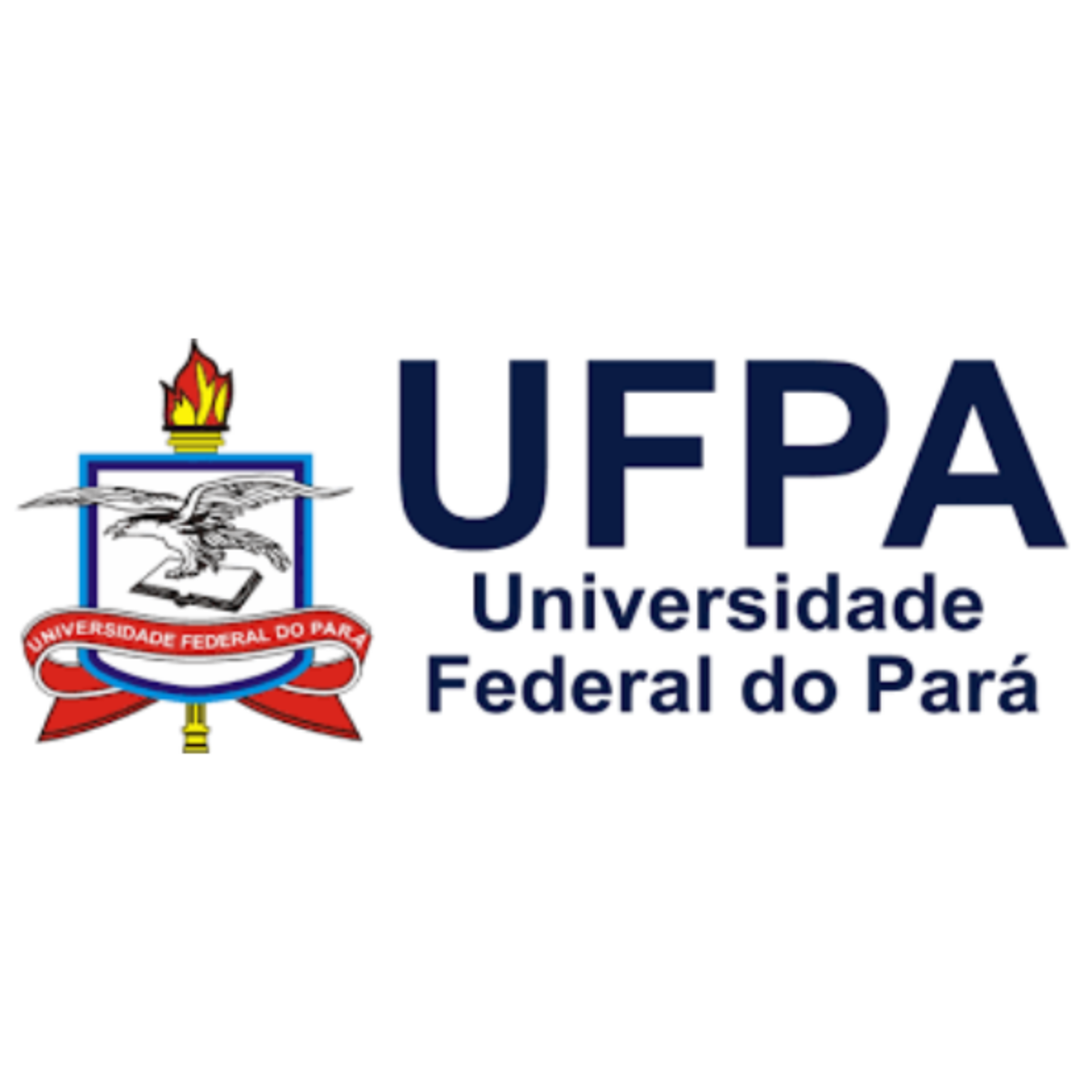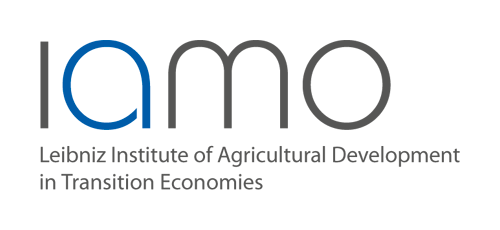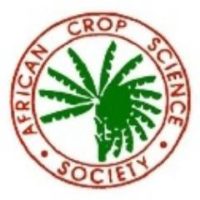The Netherlands Enterprise & Development Agency supports entrepreneurs, NGOs, knowledge institutions and organisations. It aims to facilitate entrepreneurship, improve collaborations, strengthen positions and help realise national and international ambitions with funding, networking, know-how and compliance with laws and regulations.
Imazon
Revista de Economia e Sociologia Rural
A Revista de Economia e Sociologia Rural (RESR) é uma publicação mantida pela Sociedade Brasileira de Economia e Sociologia Rural (Sober) há mais de trinta anos. Os colaboradores e leitores da RESR são professores, pesquisadores de empresas públicas, alunos de pós-graduação e profissionais de mercado.
Food and Agricultural Immunology
Food and Agricultural Immunology is an international open access journal publishing immunological research with applications in food, agricultural, environmental and veterinary science.
Food and Agricultural Immunology aims to expand our understanding of the interactions at the interface of food and immune systems. It is essential reading for food scientists, immunologists and all those concerned with the interaction between food and immune systems.
Food and Agricultural Immunology covers the following topics:
Food Security Information Network
The Food Security Information Network (FSIN) is a global initiative to strengthen food and nutrition security information systems for producing reliable and accurate data to guide analysis and decision-making.
FSIN serves as a neutral technical platform for exchanging expertise, knowledge and best practices, developing harmonized methods and tools, and facilitating capacity development on food and nutrition security measurement and analysis.
The Earth League
The Earth League is an international alliance of institutional and individual members, who work together to respond to some of the most pressing issues faced by humankind including climate change, depletion of natural resources, land degradation, water scarcity, or food security. The work of the alliance is guided by the principles of sustainable development.
Universidade Federal do Pará
Content Leibniz Institute of Agricultural Development in Transition Economies
The Leibniz Institute of Agricultural Development in Transition Economies (IAMO) analyses economic, social and political processes of change in the agricultural and food sector, and in rural areas. The geographic focus covers the enlarging EU, transition regions of Central, Eastern and South Eastern Europe, as well as Central and Eastern Asia.
African Crop Science Society
The African Crop Science Society (ACSS) was established in 1993 with overall goal of promoting crop production and food security in Africa. The general objectives embedded in the society’s constitution are to:

